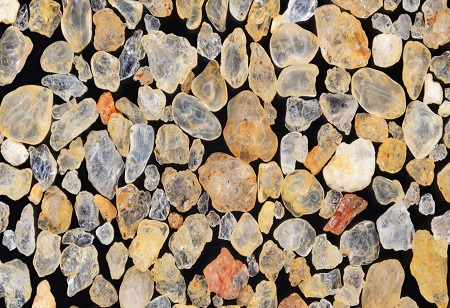Industrial minerals are fundamental to the economy of countries since they contribute to the real gross domestic product. This includes processing, manufacturing, and
mining. These valuable components are used within a range of products right from medication to dinner plates. They are also imperative to the technologies that are being employed in, agriculture, renewable energy & defense industries.
Industrial minerals are any type of rock/mineral that has economic value and is not used as a source for gemstones, energy, or metal. These are also classified as non-fuel minerals. It differs from construction aggregates such as gravel, sand, & crushed stone. Several types of industrial minerals are used for multiple purposes, a few of which are considered critical minerals that are highly essential to a country’s economic growth.
“The transformation to climate-smart mining is fundamentally being enabled by three core trends – the shift from diesel to electrification, the adoption of digitalization, resulting in increased productivity, more sustainable use of resources and reduced input cost, and automation of processes that are changing the way the mining industry works and notably increasing efficiency, productivity, and a safe working environment,” says Dharamdev Rajwar, Regional Sales Manager- Mining, Aluminium and Cement Southeast Asia and India.
Industrial minerals in oil and gas extraction & construction industries
Although industrial minerals are defined as non-metallic, a few of these possess metallurgical properties. These comprise bauxite - the primary source of aluminum ore & is used to manufacture cement & abrasives. Other than this, Bentonite & barite are classified as non-fuel industrial minerals and these are used as components in drilling fluids for various projects such as oil & gas extraction, test borings for construction projects, water wells, and groundwater monitoring wells.
Kaolin is used as a paper coating since it helps in improving appearance by contributing to brightness, smoothness, & gloss. Gypsum is again used for the construction of wallboard in houses & buildings, while magnesia promotes both plant health & livestock health.
